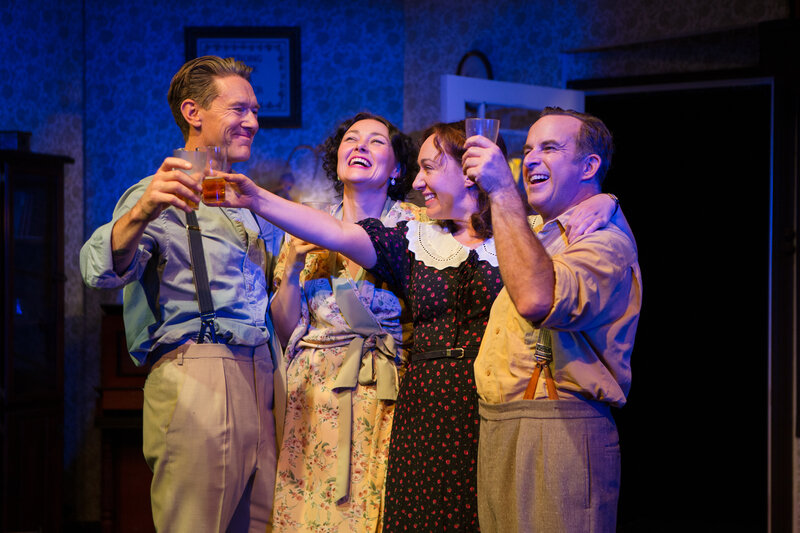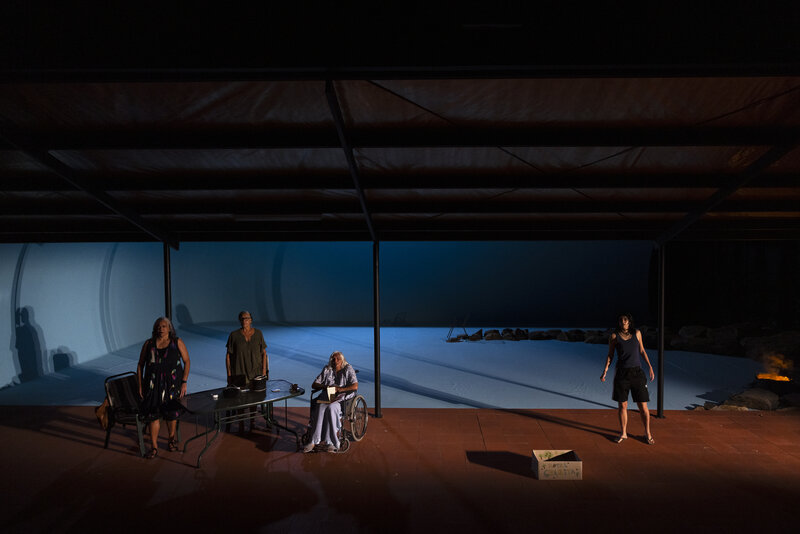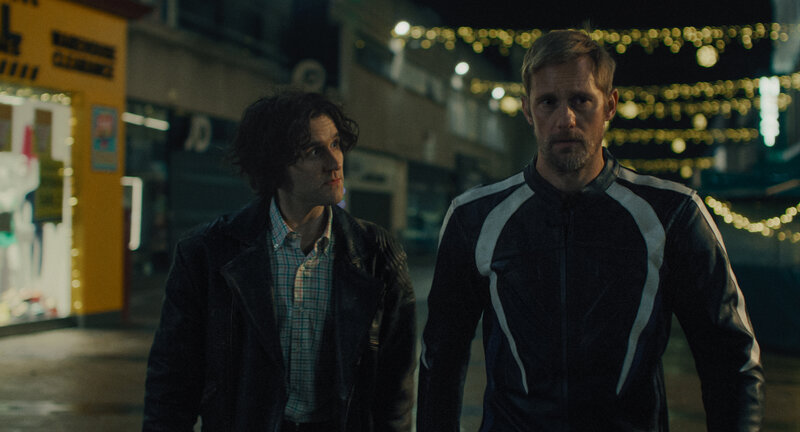“So few women direct thrillers, I think about 3% of thrillers are directed by women, so it’s wonderful that two of us do it in a year,” remarks British filmmaker Susanna White, who is the director of Our Kind of Traitor, a spy thriller adapted from the 2010 novel written by John Le Carre.
 White comes from a background in television having worked on notable productions like Bleak House, Generation Kill and also directing movies like Nanny McPhee Returns. But she was drawn to Our Kind Of Traitor by its cinematic aspect and its contemporary themes.
White comes from a background in television having worked on notable productions like Bleak House, Generation Kill and also directing movies like Nanny McPhee Returns. But she was drawn to Our Kind Of Traitor by its cinematic aspect and its contemporary themes.
Le Carre’s novels are far cry from the action oriented Bond franchise, and they offer up a more cynical take on the world of international espionage and the machinations of MI6. They ‘deal with real, complex characters and about the moral choices they make in a dangerous world. White has been a fan of John Le Carre right back to Richard Burton in The Spy Who Came In From The Cold through to Alec Guinness in the epic television mini series Tinker Tailor Soldier Spy. She also really loved the movie The Constant Gardener with Ralph Fiennes.
“So this was an amazing opportunity, and a slightly frightening one to be able to direct,” she admits. Coincidentally with Our Kind of Traitor she became the second female to direct a John Le Carre adaptation following Susanna Bier’s work on The Night Manager which was made for television. “That’s right, it’s strange isn’t it?” she acknowledges. “But we shot our film before The Night Manager. It’s just the way that distributing works out that television snuck in ahead of us. But it’s great, so few women direct thrillers, I think about 3% of thrillers are directed by women, so it’s wonderful that two of us do it in a year.”
In Our Kind of Traitor poetry professor Perry (played by Ewan McGregor) and his wife Gail (Naomie Harris, from Skyfall) are holidaying in Morocco when they meet the gregarious Russian Dima (played by Stellan Skarsgård, replacing Ralph Fiennes), an accountant with the Russian Mafia. He wants out, and he convinces Perry to take a USB back to England and hand it over to the intelligence services. He offers to identify the various illegal account holders who are laundering dirty money through London banking system in exchange for getting his family safely out of Russia. They deal with MI6 agent Hector (Homeland’s Damian Lewis), who has to jutsify his dealing with his more pragmatic superiors.
 Our Kind of Traitor is a tense character driven thriller, which deals with a number of complex moral issues, including the power and wealth of the Russian Mafia. At the heart of the film is McGregor’s character making a choice about whether he’s going to risk his own situation and that of his wife to help another man’s family. It involves them taking a moral stance against what the British government is doing, or what the British establishment is doing allowing dirty laundered money from the Russian mafia to come in to the city.
Our Kind of Traitor is a tense character driven thriller, which deals with a number of complex moral issues, including the power and wealth of the Russian Mafia. At the heart of the film is McGregor’s character making a choice about whether he’s going to risk his own situation and that of his wife to help another man’s family. It involves them taking a moral stance against what the British government is doing, or what the British establishment is doing allowing dirty laundered money from the Russian mafia to come in to the city.
Le Carre himself was a wonderful resource during the process of shooting the movie, says White. “He said to me early on that he thought that the best versions of his books were when people took them and made their own thing of it, so it was encouraging to have that level of freedom. But at the same time he was very much there as a resource.”
Le Carre had actually met this character whom the Skargaard character of Dima was based on in Russia, she adds. “He gave me tremendous detail on what that person was like. He gave me lots of background information in the Russian Mafia. He does a tremendous level of research for his books, and so that was a great resource. And of course, like with a great many adaptations of his books, he appears in the movie, he has a cameo as a museum guard at the Einstein Museum. So he was involved in that sense. And two of his sons were producers on the film.”
The novel was adapted by screenwriter Hossein Amini, who has written films like The Two Faces of January and Drive. White is full of praise for Amini, whom she says is a wonderful writer. The project came to her fully formed in the form of his screenplay. “I fell in love with that, and came to the book afterwards,” she confesses.
White was struck by the fact that some passages were like a road movie essentially, as the action moved from this murder in the snow in Russia to the heat in Morocco to England, to Paris to Switzerland to the Alps. “So there was a huge visual element to it,” she says. “The landscapes that the film moves through, which is a contrast to what we usually expect from a Le Carre thriller. When we think of his Cold War thrillers we think of their dark interiors and a level of melancholy. Hossein is a very smart writer, and he brought all of these complicated moral layers to the story, the moral choices that the different characters have to make. So I was very happy to work with that.”

The film moves through a number of exotic locations, and White collaborated closely with cinematographer Anthony Dod Mantle on the look of the film. Dod Mantle has worked with the likes of Danny Boyle, and Ron Howard. White wanted to capture these terrains and also give the film a very modern feel. “I’ve been a huge fan of Anthony’s for a long time,” she says. “I love Last King of Scotland, I thought the work he did on Rush was incredible, so much visual energy. So I went on a mission to persuade Anthony to do the movie.”
“We talked about a lot of references together, and he’s very very high energy as a cinematographer. I knew we wanted a visual poetry to the movie and I knew I wanted to open it with this slow motion shot of the male dancer and Anthony had an experience of doing that. He had an incredible skill set that he brought with him. He was always trying out new things. I was looking at the rushes and sometimes he had put five cameras on the scene and there were cameras that I didn’t even know were there, hidden mini cameras that he’d installed. He’s someone who’s always thinking and he’s a very special talent.”
Greg King

David Edwards is the former editor of The Blurb and a contributor on film and television




